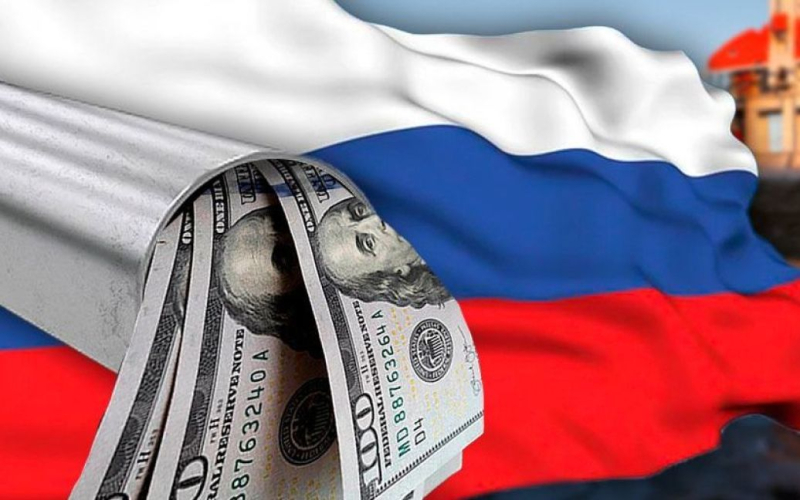G7 develops workaround to use frozen assets to rebuild Ukraine.
As more countries consider confiscating frozen Russian < strong>assets to finance the reconstruction of Ukraine, the more complicated the situation. For months, European Union officials have been looking for ways to use some 200 billion euros worth of Russian assets frozen by the EU following Russia's full-scale invasion of Ukraine in February 2022, but this has continually created new problems.
Politico writes about this.
The G7 is considering a proposal to use these assets as collateral for bank loans that could finance Ukraine's recovery, according to officials involved in the talks. These funds should be confiscated if Russia refuses to pay reparations at the end of the war.
Belgian conservative MEP Johan Van Overtveldt said this would put pressure on Kremlin chief Vladimir Putin to stop the war and come to the negotiating table.
“If you take these 200 billion euros in total, then where is the incentive for him (Putin – ed.) to sit down at the peace negotiating table?,” says Overtveld.
The proposals come amid growing concerns about Moscow's retaliation for the confiscation of its frozen assets – including potential cyberattacks on Western countries.
Several European officials warned that this could provoke a backlash against European assets in Russia. This is in addition to concerns about the threat to the eurozone's reputation and its attractiveness to investors.
“We are entering uncharted waters. Anyone would be concerned about the potential consequences of asset confiscation,” an EU diplomat said.
Europe fears that Moscow could retaliate with a flurry of appeals against Euroclear, the Belgian financial depository that holds the vast majority of Russia's reserves in Europe.
Russian companies have already filed 94 lawsuits in the Russian Federation demanding the return of funds from Euroclear, which operates under Belgian law, after their investments and income in Europe were frozen, according to a Belgian official familiar with the proceedings. .
“The plaintiffs have initiated legal proceedings to gain access to assets locked in Euroclear,” the Belgian clearing house said in a statement.
Euroclear added that it is believed to be losing legal cases in Russia because the country “does not recognize international sanctions.” This adds to concerns that a complete confiscation could expose Western assets in Russia to retaliation.
Kremlin spokesman Dmitry Peskov said last December that Russia would respond by confiscating its assets. Without going into details, he suggested that the same could happen with Western assets in the Russian Federation.
A Belgian official, speaking on condition of anonymity, warned that the Kremlin could respond by targeting frozen assets in Russia for which Euroclear is responsible.
An EU diplomat warned that the Russian Federation could also step up cyber attacks on Western financial institutions in an attempt to get its money back. They noted recent surges in Russian online campaigns, such as Moscow's activity in Finland following the expulsion of Russian diplomats from Helsinki.
The head of a cybersecurity company expressed concern that asset confiscation could lead to Moscow being able to redirect large financial transactions to Russian accounts.
Recall that on January 29, EU ambassadors agreed on the use for Ukraine of excess profits associated with frozen assets of the Russian Federation.
Note that on February 1, European Union leaders reached an agreement to provide aid to Ukraine in the amount of 50 billion euros after some leaders convinced their only opponent , Hungarian Prime Minister Viktor Orbán, revoke his veto.
Related topics:
More news

